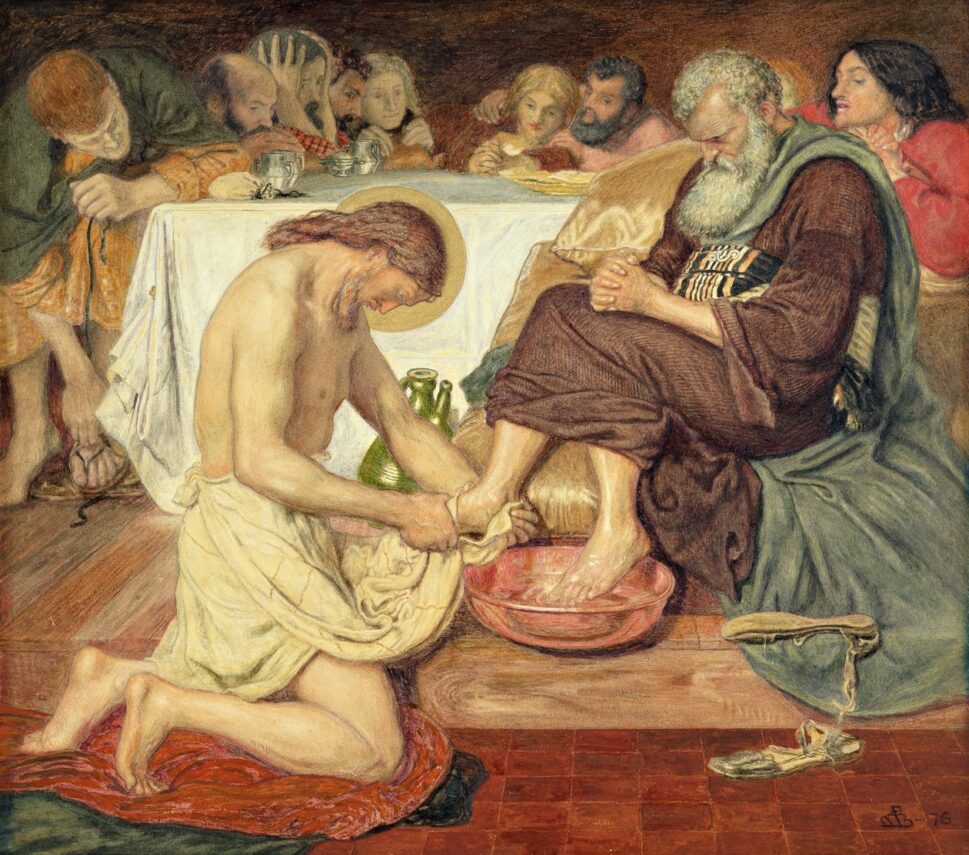Living Faith: The Inseparable Bond Between Belief and Love
James 2:14–26
There’s a question at the heart of James 2 that, if we let it, can stop us in our tracks: “What good is it, my brothers and sisters, if someone claims to have faith but has no deeds?” It’s not rhetorical. It’s deeply personal. It speaks directly to anyone who’s ever said they trust in Christ but finds themselves holding back love when it matters most.
James isn’t writing to skeptics. He’s writing to the church—people like us, who profess to believe in Jesus and gather under His name. But he presses hard on this reality: what we profess must be lived. A faith that speaks but does not act, that claims but does not love, is a faith that is, in James’ words, “dead.”
James is not setting up a debate between faith and works. He’s showing us that true faith can never be separated from love in action. In fact, works of love are the natural breath of genuine belief. You can’t inhale the grace of God and not exhale love toward others. To do so would be to suffocate the very life of faith.
Imagine, James says, a fellow believer in your church community—cold, hungry, ashamed in their poverty. You see them. You recognize their need. And yet, all you offer are words: “Go in peace; keep warm and well fed.” No coat, no food, no help. Just words. What good are those words? The need remains. The heart remains untouched. The love remains absent. And James’ sobering point is this: so it is with faith that does not act.
Faith and love are not two separate things, like items on a spiritual to-do list. They are one living reality, like light and warmth from a flame. You cannot have one without the other. Faith receives salvation; love surrenders in response. And both happen together. When you come to Christ, you don’t just believe with your mind. You yield with your life. You receive mercy, and you offer it. You’re welcomed in, and you begin welcoming others in His name.
The examples James gives drive the point home. Even demons believe that God exists—and they shudder. Their belief provokes a response. But what about us? If our belief in God doesn’t move us to love others, serve the hurting, protect the vulnerable, and sacrifice for the sake of our neighbors, is it real faith at all?
Then comes Abraham. God asked him to trust in a promise so big it stretched beyond all comprehension—that through his son, nations would be born. And then God asked him to give up that very son. Abraham’s response? Obedience. Painful, honest, surrendered obedience. And through it, James says, “his faith was made complete by what he did.” The same with Rahab, the woman from Jericho who risked her life to hide the Israelite spies. She didn’t just confess something about God. She trusted Him enough to act.
More Articles
For more articles from Pastor Mark, subscribe here: https://swbchurch.com/pastors-notes/
Faith always does something. It builds a shelter. It opens a hand. It forgives. It weeps. It visits. It gives. It serves. It speaks words of grace, but not without also offering bread for the hungry or arms for the weary. It is alive with the same Spirit that filled Jesus when He walked this earth, touching the untouchable and loving the unlovable.
That’s why Paul says in 1 Corinthians 13 that love is the greatest—greater even than faith and hope. Love is what makes the others visible and meaningful. Without love, faith becomes sterile and hope becomes hollow. But where love is present, the heart of God is unmistakably near.
So what kind of faith do you have? One that speaks but sits still? One that knows about God but doesn’t resemble Him? Or is your faith alive—stirring, sacrificing, loving? A faith like Jesus’, who didn’t just love us in word, but gave Himself in full, even to death.
The invitation today is simple, but powerful: Let your faith be alive. Let it do what Jesus does. Let it move you to love someone in need, speak truth to someone in despair, or offer peace to someone alone. Don’t let your faith be something you explain. Let it be something others experience.
Because the world doesn’t need more claims of faith. It needs people of faith—people whose love gives evidence of the Savior who lives within.
Pastor Mark

